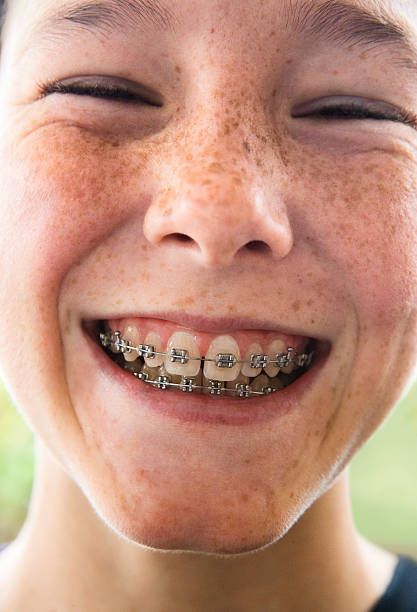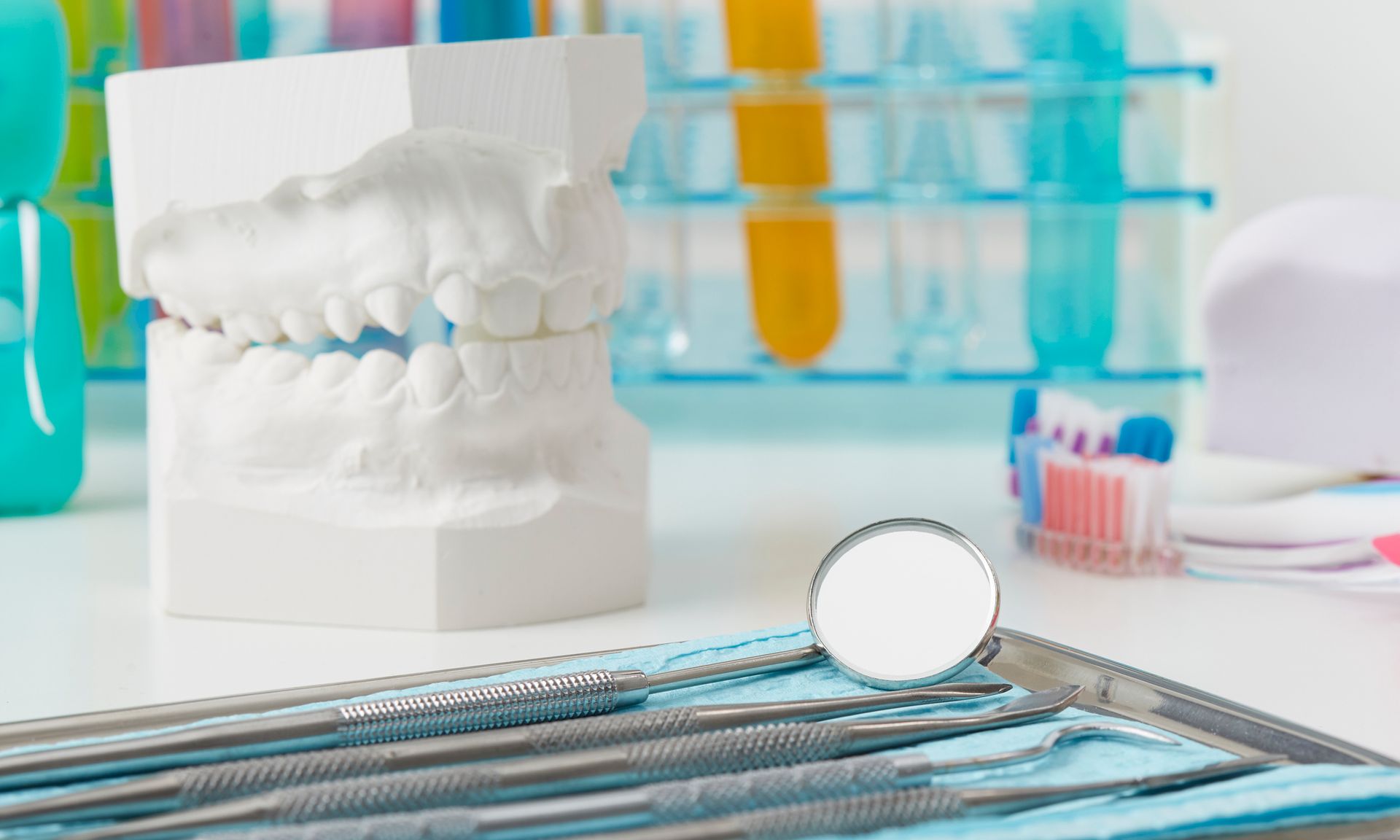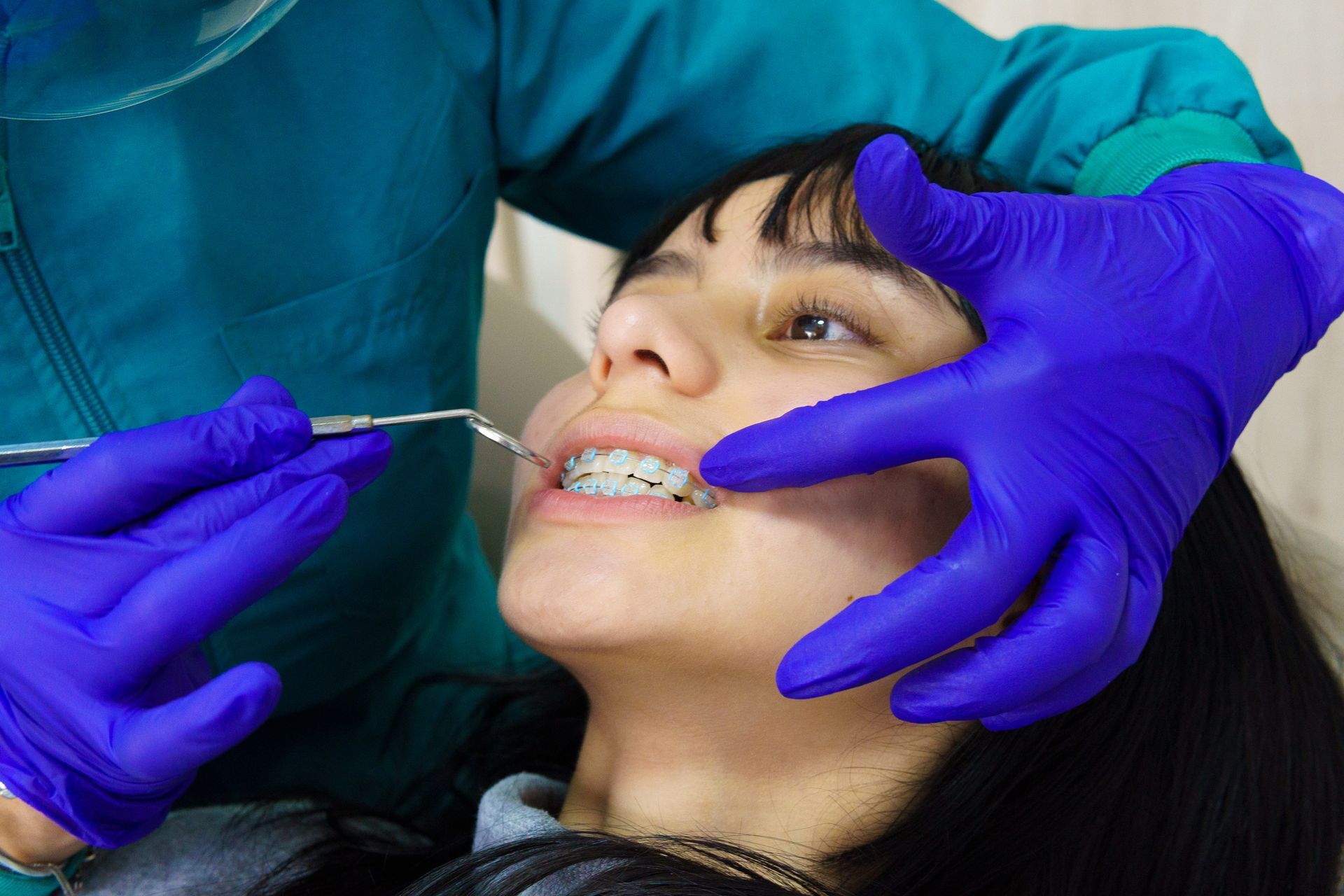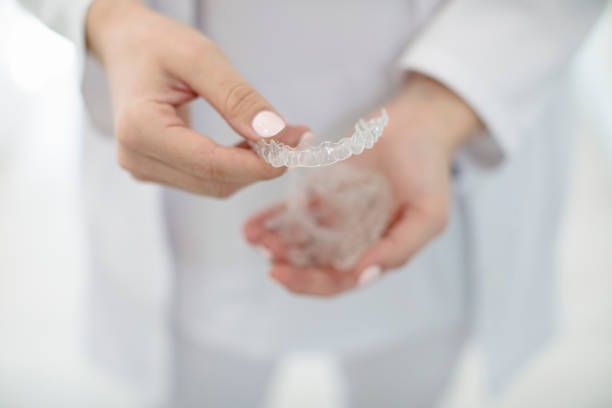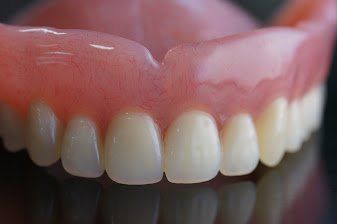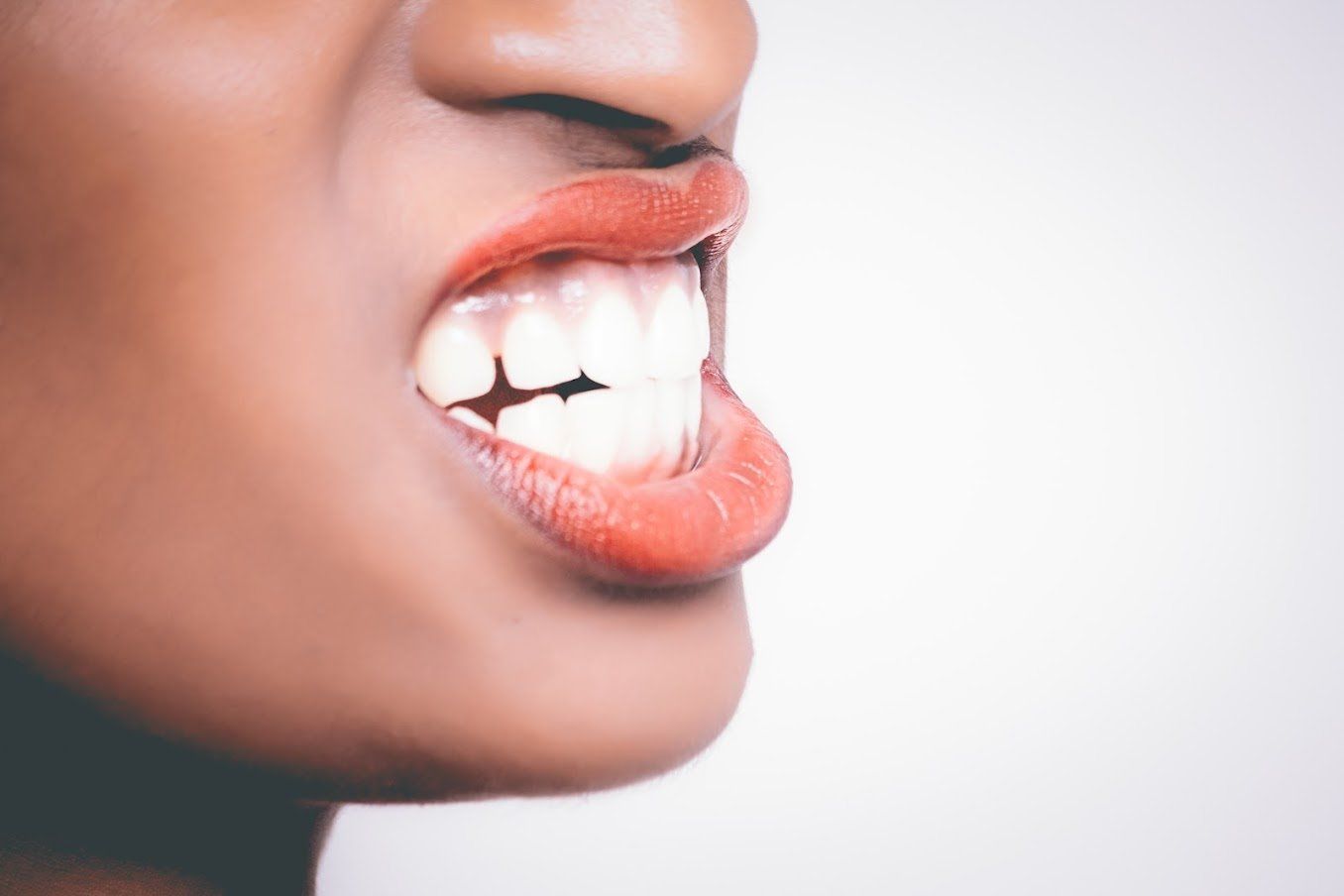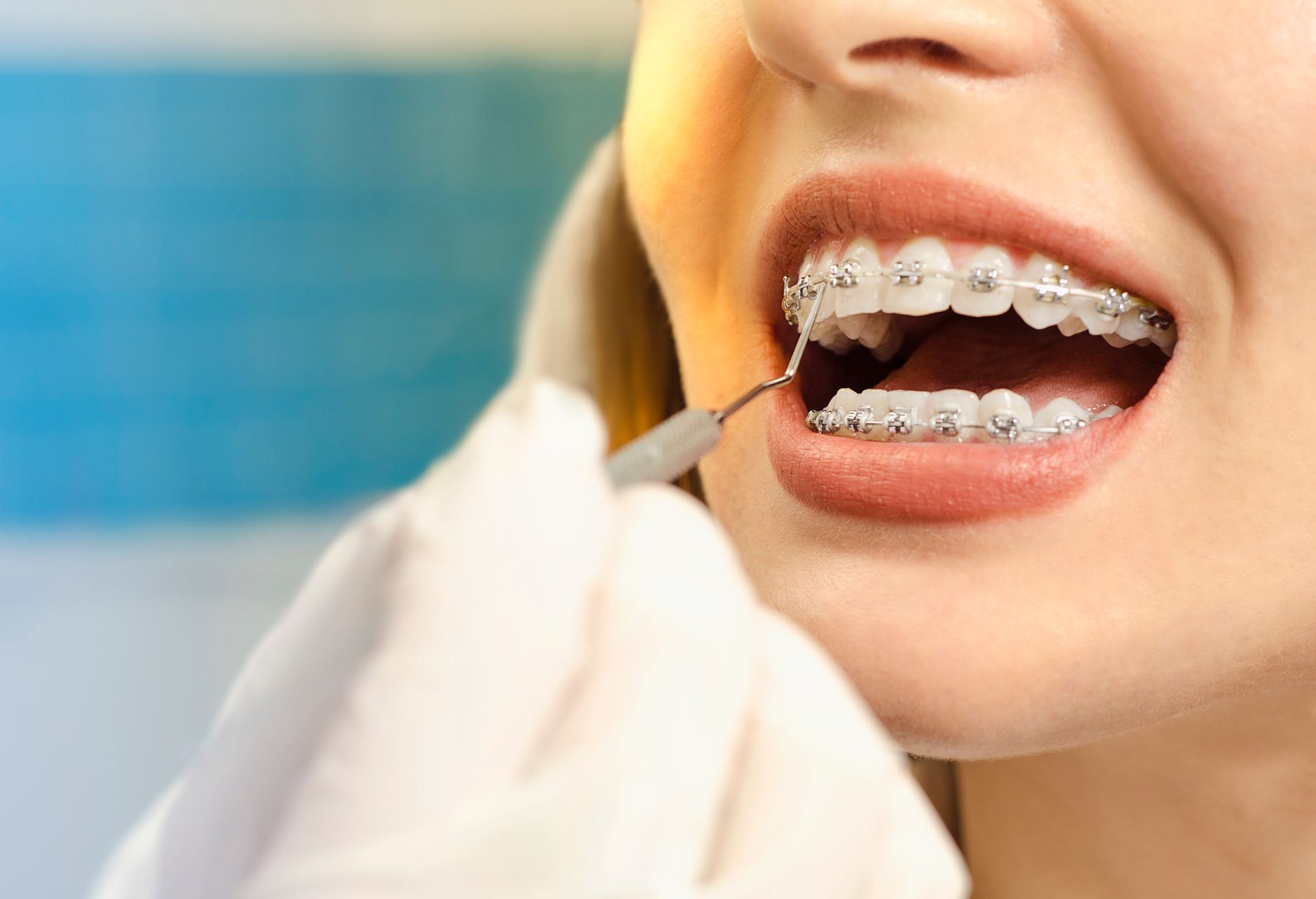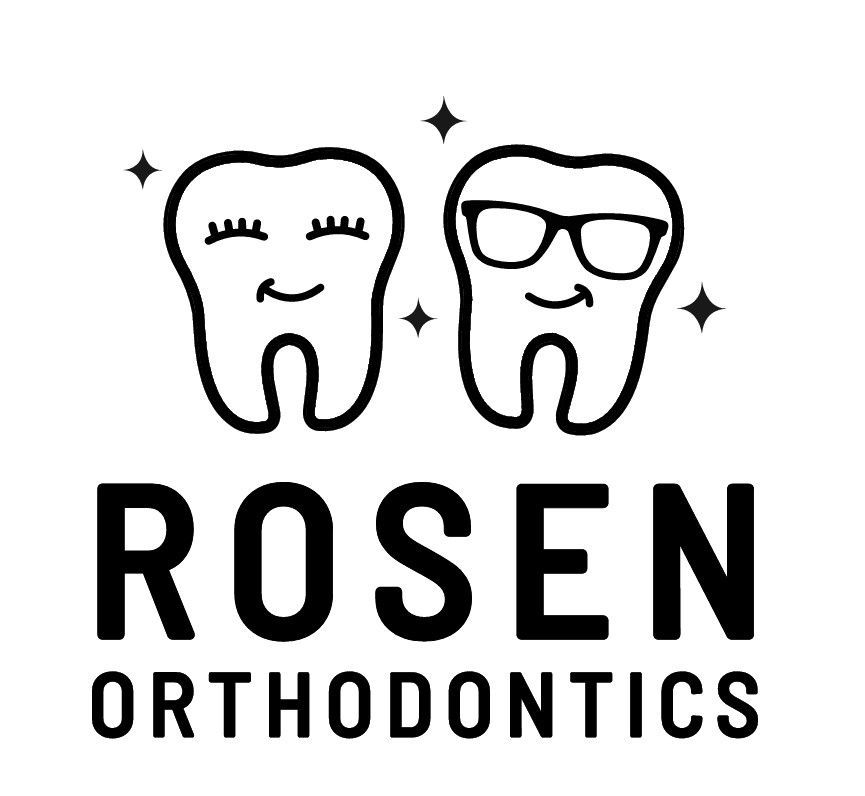Frequently Asked Questions About Surgical Orthodontics
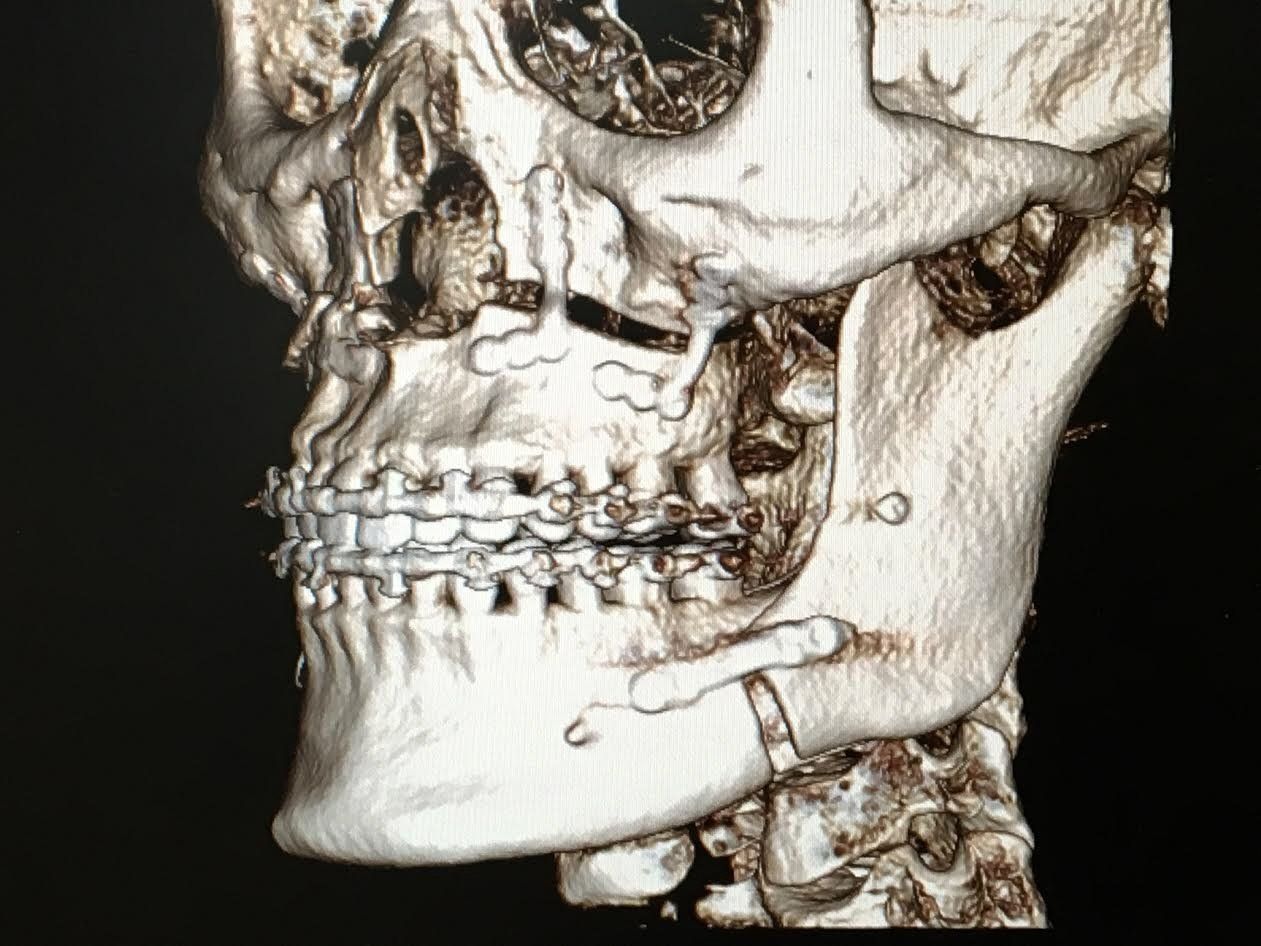
While modern tooth alignment techniques can do wonders for a crooked, gapped, or misaligned bite, these measures can’t necessarily address deeper or more extensive jaw alignment problems. A protruding, receding, or asymmetrical jaw can cause functional and cosmetic challenges even for the straightest set of teeth.
If you have orthodontic problems that call for more than what standard orthodontic treatment can provide, surgical orthodontics may be the key to a healthy and stable orthodontic result. Take a look at the answers to some frequently asked questions about this advanced form of orthodontic correction.
What Kinds of Surgery Do Oral Surgeons Offer?
Dentists who have the extra training required to perform oral surgery can prescribe or perform a variety of procedures to modify your mouth’s appearance and function. The field of surgical orthodontics may include surgical tooth extraction, gum recontouring, and corrective jaw (or orthognathic) surgery.
Why Do Some Orthodontic Patients Need Surgical Tooth Extraction?
The extraction of specific teeth can prove extremely helpful for the orthodontic treatment of a crowded jaw. If you have a small jaw or impacted teeth that leave little room for teeth repositioning, your orthodontist may prescribe the removal one or more teeth to allow for more effective treatment with braces or aligners.
While many teeth require nothing more than a simple pulling, some may call for surgical extraction. For instance, a tooth that hasn’t completely erupted may require surgery to remove it from the jawbone. If you have ever had an impacted wisdom tooth cut out, you most likely had this kind of surgery performed.
How Does Surgery Correct Jaw Alignment?
If your upper or lower jaw either protrudes or recedes, you may have trouble chewing normally or even closing your lips over your teeth. Fortunately, orthodontics combined with jaw surgery can correct these issues through a maxillary surgery (for the upper jaw), mandibular surgery (for the lower jaw), or both!
In a typical jaw surgery, the oral surgeon makes an incision toward the back of the affected jaw, freeing the bone on each side of the face. The surgeon can then adjust the jaw’s position either forward or backward, fixing the new position in place with metal hardware to improve both your looks and your bite. In such cases, orthodontists work together with oral surgeons as a team to achieve amazing results.
How Does Surgery Correct an Asymmetrical Jaw Alignment?
Some people may have a lateral jaw misalignment instead of (or in addition to) a misalignment between the upper and lower jaws. If you suffer from this problem, your chin or lower jaw may seem to sit crookedly or off to one side compared to your upper jaw. This problem can also cause chronic TMJ pain.
Mandibular or maxillary surgery can correct an asymmetrical or uneven jaw alignment just as easily as it can correct other jaw alignment problems. Your surgeon may also recommend a procedure called genioplasty. This surgery can correct an unusually small or asymmetrical chin.
What Can You Expect From Orthodontic Surgery?
Different kinds of surgical orthodontics may call for different levels of preparation and recuperation. For instance, the surgery used to change your gum contours or extract a tooth is usually an outpatient procedure under local anesthesia, while orthognathic surgery calls for general anesthesia in a hospital environment.
If you have corrective jaw surgery, you’ll naturally feel some discomfort as you recover. However, your surgeon will provide prescription pain relievers and antibiotics to minimize discomfort or other post-surgical concerns. Facial swelling may take some time to clear up, but rest assured that it will eventually vanish.
Your orthodontist can guide you through the recovery process by advising you on what foods you can eat (and what habits you should avoid, such as smoking or strenuous activity). After completing your recovery, you may then receive braces or aligner trays to bring your teeth into line with your newly corrected jaws.
Rosen Orthodontics can answer all your questions about surgical orthodontics, ease your concerns about surgery, and administer the appropriate treatment for your condition. Contact our office today.


